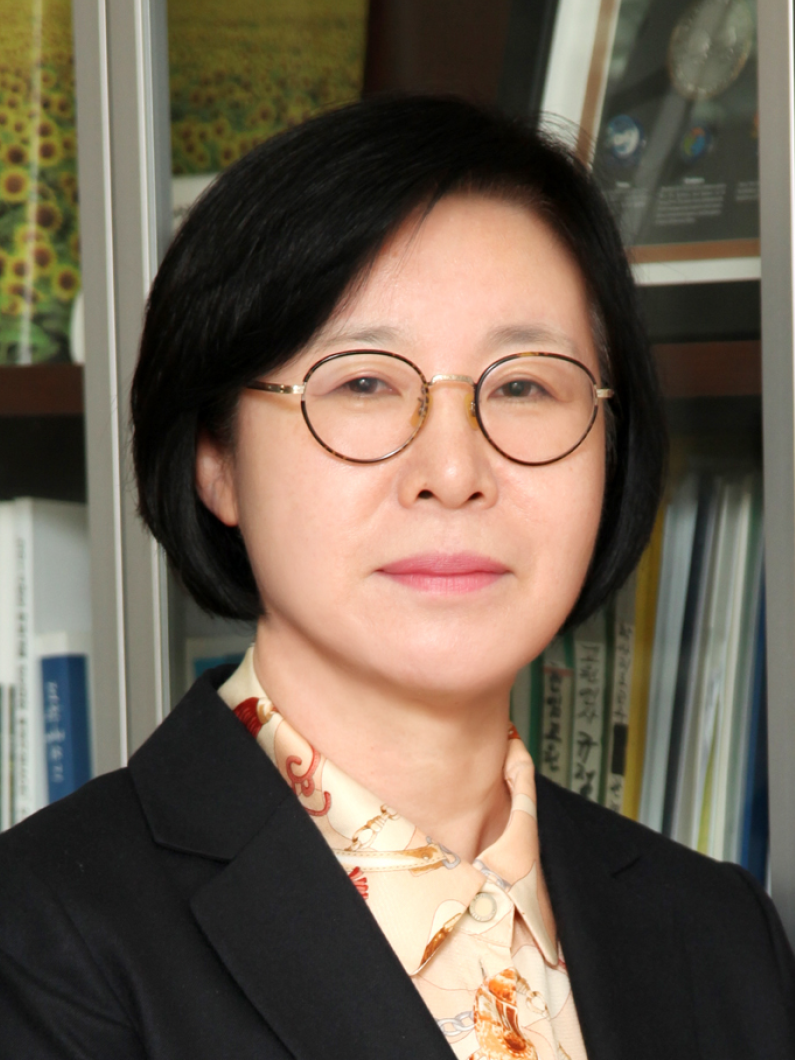

*Attend these AOGS2021 Webinars Free! – Registered Attendees Only
All AOGS e-news subscribers are eligible to attend. Please help us forward this information to your friends and
professional contacts. If not yet a subscriber, they need sign up for an account on MARS to receive
the complimentary invite. Not yet a subscriber?
Sign up Here to Receive Your Complimentary Invitation
Axford Lectures | Medal Lectures | Section Distinguished Lectures
All times shown are Singapore Standard Time (GMT+8)
| AS Section Lectures & Meeting | Room: WB1 |
| Transition | 15:15 – 15:30 |
| AS Kamide Lecture | 15:30 – 16:15 |
| AS Distinguished Lecture | 16:15 – 17:00 |
| AS Section Meeting | 17:00 – 18:00 |

Wed-04 Aug, 15:15 – 18:00, Room: WB1
Distinguished Lecture - AS (Save a seat)
“Convective Gravity Waves: Impacts on the Large-Scale Circulations in the Middle Atmosphere”
Hye-Yeong CHUN
Yonsei University
Vertically propagating gravity waves (GWs) transfer their momentum and energy to the large-scale flow in the middle atmosphere, where they are dissipated through the wave breaking, critical-level filtering, and radiative damping processes. The current resolution of general circulation models (GCMs), even for high-resolution ones with horizontal grid spacing of ~0.25o, do not fully resolve GWs, and thus their effects have to be parameterized in GCMs.
Among the various sources of GWs in the troposphere, cumulus convection can generate high-frequency GWs, which have a broad phase speed spectrum and can propagate to high altitudes without significant dissipation and seasonal restriction. During the last three decades, significant efforts have been made for advance our understanding in convective gravity waves (CGWs), through theory, observation, explicit numerical modeling, and parameterization for use in GCMs. Momentum flux spectrum of CGWs, which is most important for the parameterization, is determined by combination of convective source spectrum and a wave-filtering and resonance factor that controls the critical-level filtering process and resonance between the vertical harmonics consisting of convective forcing and natural wave modes with vertical wavenumbers given by the dispersion relationship of internal GWs. In this talk, based on the review of previous studies, characteristics of CGWs and impacts of CGWs on the large-scale circulations in the middle atmosphere, such as seasonal change in the meridional circulation, polar-night jet in the southern hemisphere wintertime, quasi-biennial oscillation, and Brewer-Dobson circulation, will be presented. Some important issues on the development of CGWs parameterization will be discussed at the end of the talk.
Biography
Hye-Yeong Chun is a professor at the Department of Atmospheric Sciences of Yonsei University, Seoul, South Korea since March 1996. She got her BS and MS in Meteorology at Yonsei University in 1985 and 1987, respectively, and a Ph.D. in Atmospheric Sciences at North Carolina State University, Raleigh, NC, USA in 1991. The topic of her MS thesis was multiple equilibria of topographically induced baroclinic waves, whereas that of Ph.D. thesis was role of a critical level in convective gravity waves (GWs). From 1991 to 1993 before she returned to Korea, she has worked at Goddard Space Flight Center/NASA as a postdoctoral fellow on the problem of atmospheric solitary waves. During the last 30 years, she has studied atmospheric dynamics focusing on atmospheric GWs, parameterization of convective GWs, interaction of planetary waves and GWs, large-scale circulations in the middle atmosphere, and aviation turbulence in the free atmosphere. She is a pioneer in development of convective GW parameterization, which has been contributed to global weather forecasting and climate models. Hye-Yeong has been a Fellow of Korean Academy of Science and Technology since 2010, and has actively involved in international research programs such as AOGS, ICMA/IAMAS/IUGG, and SPARC/WCRP. In addition to teaching and research, she has taken several executive positions in Yonsei University, such as Department Chair and Dean of the University College. Hye-Yeong has strongly involved in activities of Korean Meteorological Society (KMS) and is the current president of KMS.